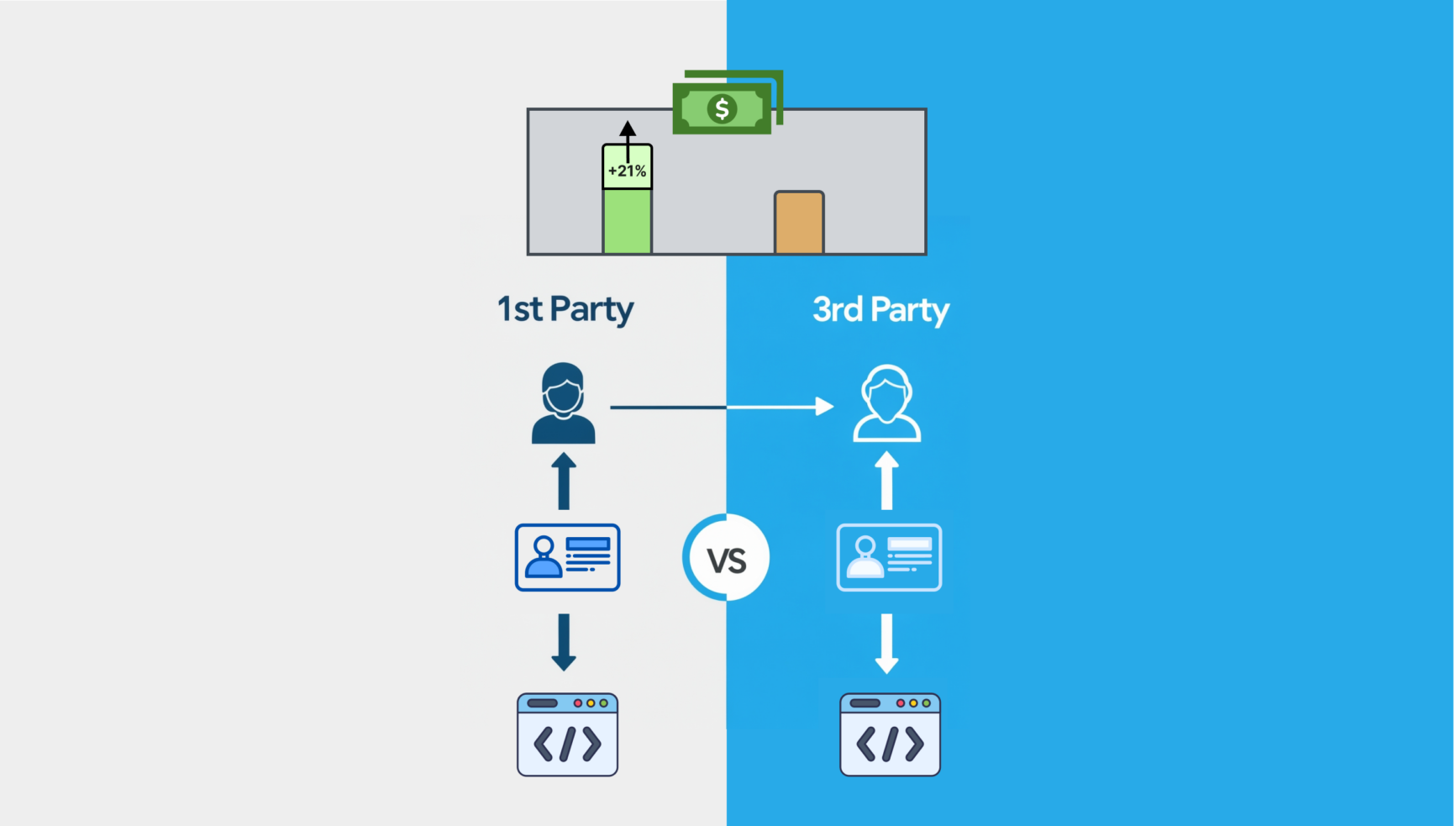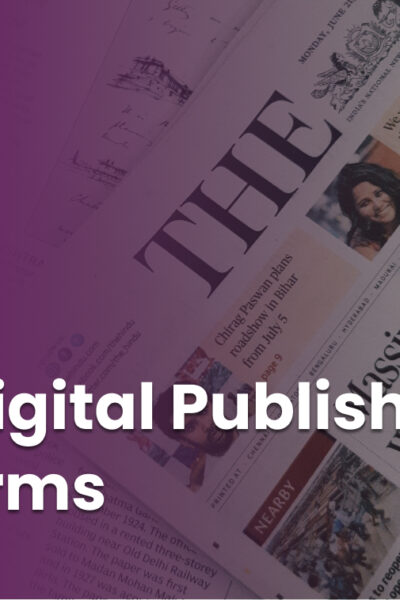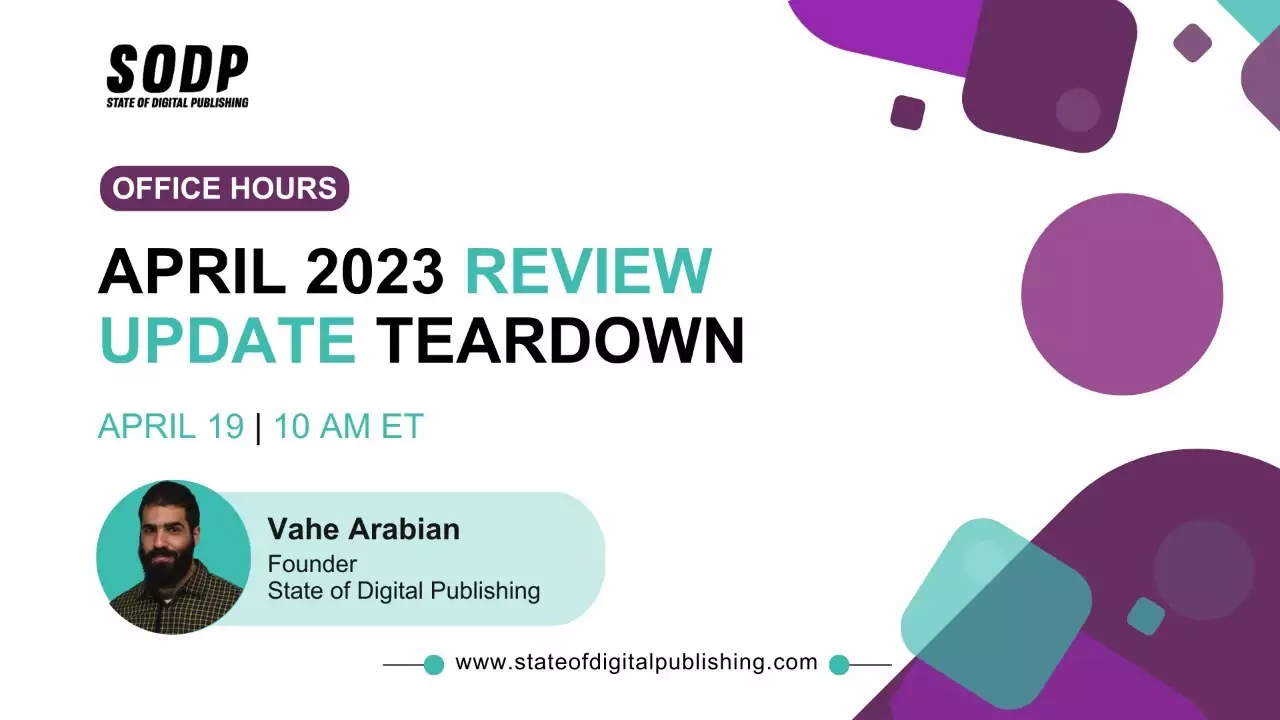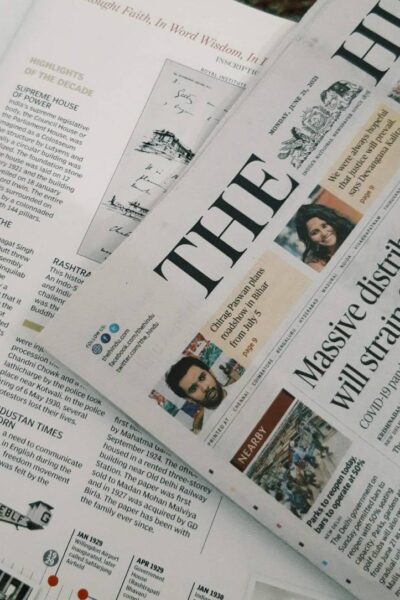John Shmuel is the Managing Editor and Senior Writer at LowestRates.ca.
What led you to start working in digital/media publishing?
I began my career in newspapers. I spent seven years as a business reporter for the National Post, one of Canada’s two national newspapers, covering everything from corporate frauds to stock market crashes. Fortunately, I got to work with several great editors that always pushed me to take risks and hunt for better stories.
I moved to LowestRates.ca — a fintech startup, about a year ago after taking a buyout. The team here had a real thirst to get people to care about personal finance, and the way to do that was through creating meaningful content. It was a big jump for me, but the opportunity to have a ton of creative freedom and the resources to do good work convinced me it was the right move. I’ve been lucky to work with an incredible team — we’ve taken our blog from a few thousand readers in 2016 to a trajectory that will likely see more than one million visitors read us this year.
What does a typical day look like for you?
I spend the morning together with our head writer scanning the wires, news sites, and blogs to scope out what everyone’s talking about in the world of personal finance. It’s really important to have a sense of where the conversation about money in Canada is right now. Then we’ll often settle on our morning story, either by jumping on something big that’s happened or by adding a take that we feel is missing from the conversation.
The afternoon is often a mix of meetings, either story meetings to flesh out future projects, working on website improvements or figuring out our social media strategy for the coming weeks. We really want to get people excited about personal finance (it’s a category with near-universal apathy), and that means talking to people and telling our stories on multiple platforms.
What does your work setup look like? (your apps, productivity tools, etc.)
I work on a MacBook Air, with a spare monitor. We use Google Docs for nearly everything — sharing documents, spreadsheets to track projects, and calendars to schedule meetings. Slack is also an indispensable tool for us — it offers immediate communication, especially if someone’s working offsite.
I also have a lot of plants on my desk. Plants are great. I highly recommend adding some greenery to your workspace.
What do you do to get inspired?
I get on the phone and call people or meet with them for coffee. The best story ideas come from talking about what’s going on in your area of coverage with the people who work in that industry every day.
What’s your favorite piece of writing or quote?
I’m lucky to say I’ve been able to work on a lot of stories I’m proud of. But this personal piece about my own background is especially important to me, “Guest Post: To an Assyrian, Getting Attached is a Dangerous Thing.”
What is the problem that you’re passionately tackling at the moment?
We’re based in Toronto, and our team lives and works here. Living in this city is becoming increasingly expensive. We write a lot about that affordability issue. Not only the concrete tips that can help you save money, but also peeling back the issues that are creating these problems.
We’re not afraid to take our personal finance writing past what I call the “tips and tricks,” service journalism so common in personal finance. If we think a government policy is bullshit and exacerbating a problem like lack of affordable housing, we’re going to sound off and offer solutions.
Is there a product, solution or tool that you think is a good match for your digital publishing efforts?
We offer a “quoter” where you can take the advice you read on our blog and actually go and get an estimate on a financial product like a mortgage, car insurance or credit cards. It’s a really powerful tool that compares your options for you. It’s free, easy-to-use, and completely unbiased.
Content from our partners
Do you have any advice for ambitious digital publishing and media professionals who are just starting out?
Put yourself out there.
When you start, you’re going to make mistakes and get things wrong. This isn’t the end of the world. Listen to the criticism, take it as a sign people are listening, and learn from it and get better. Continuously doing this is going to amplify your voice and the quality of work you do.












